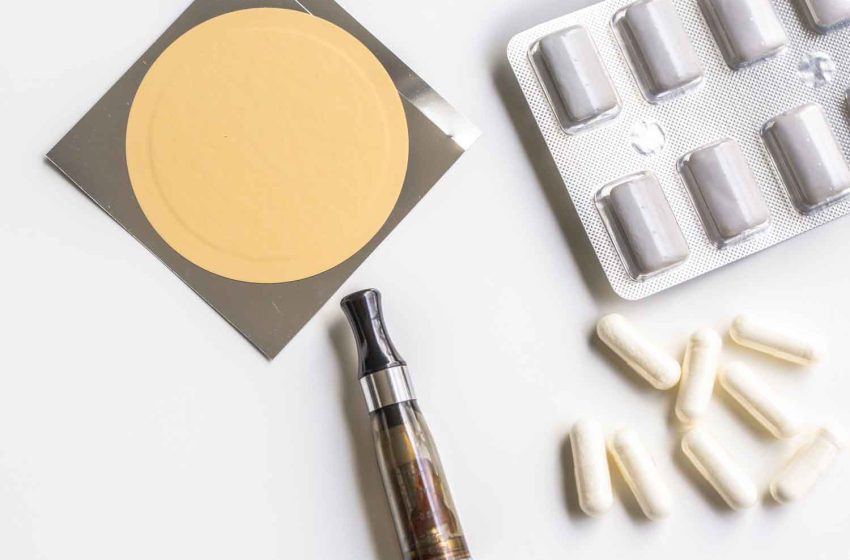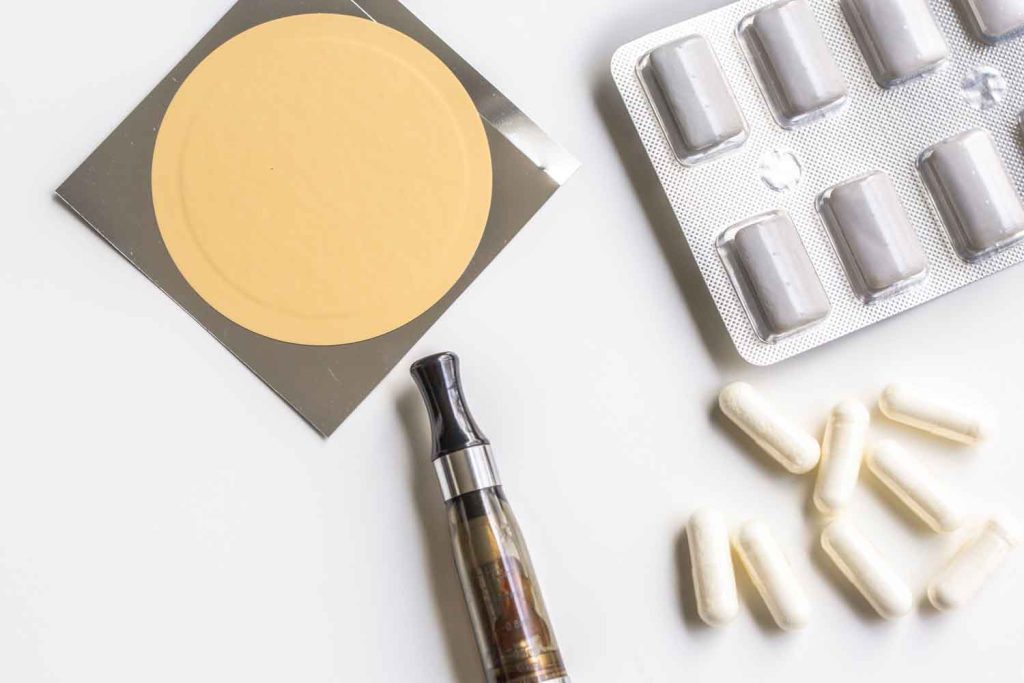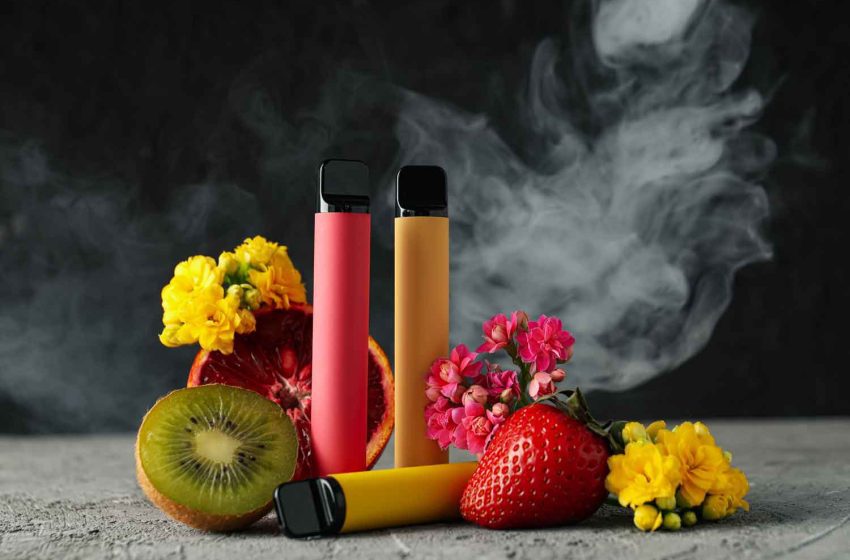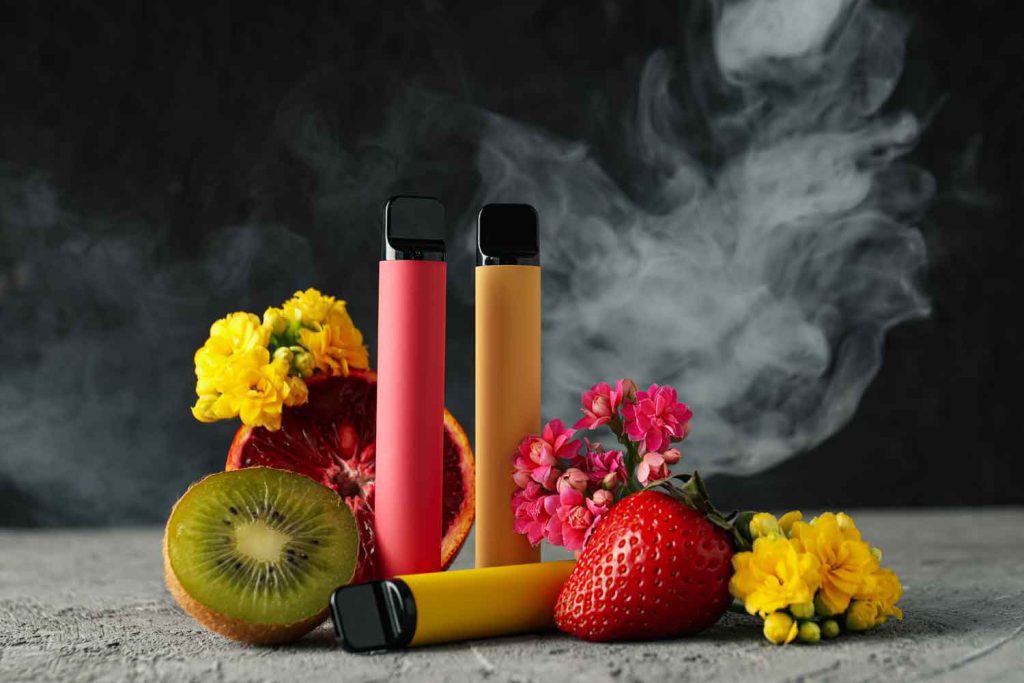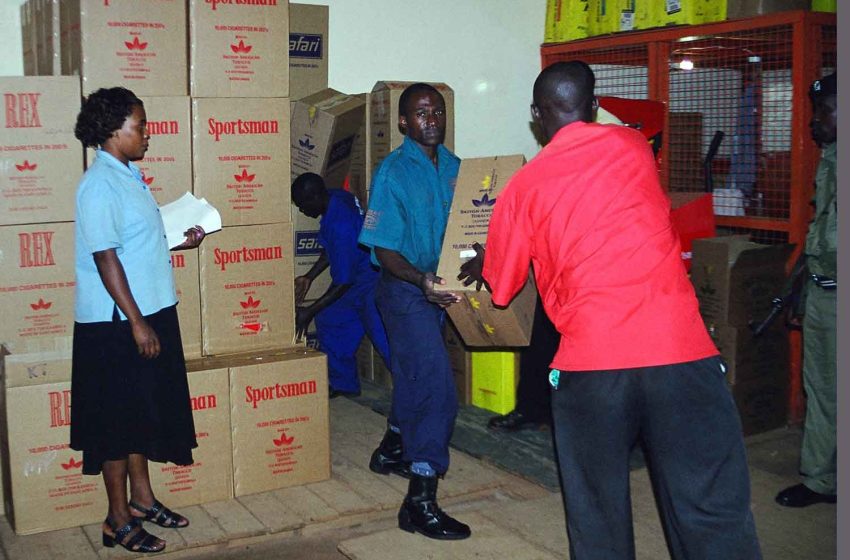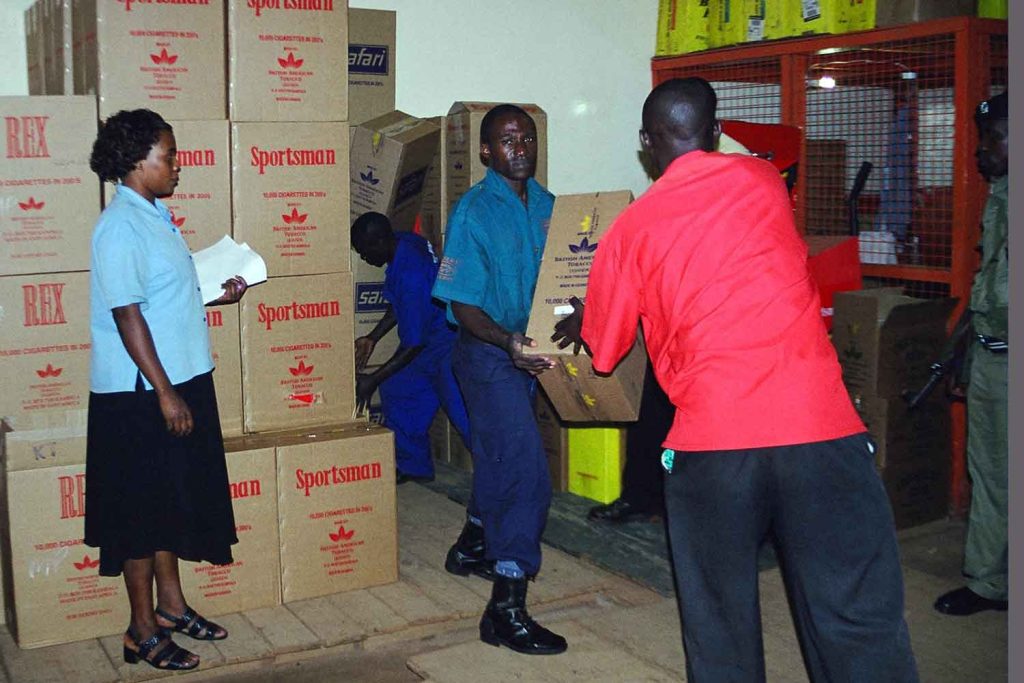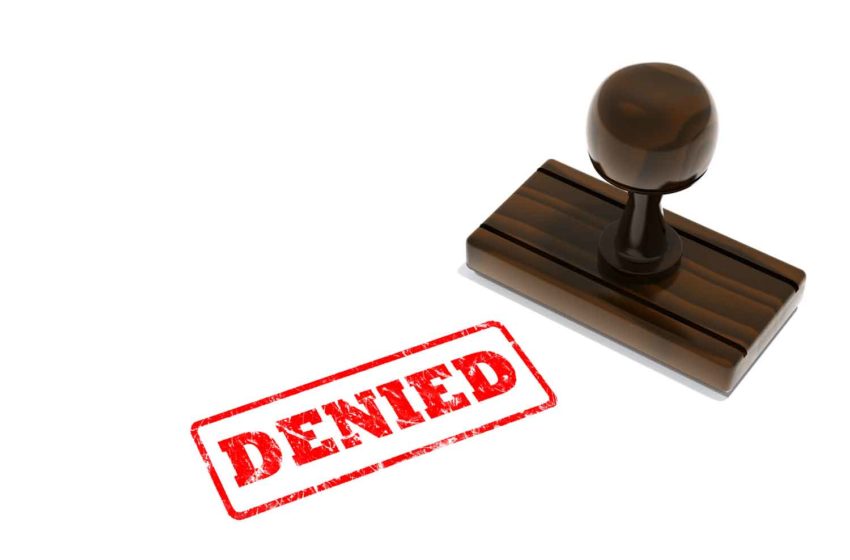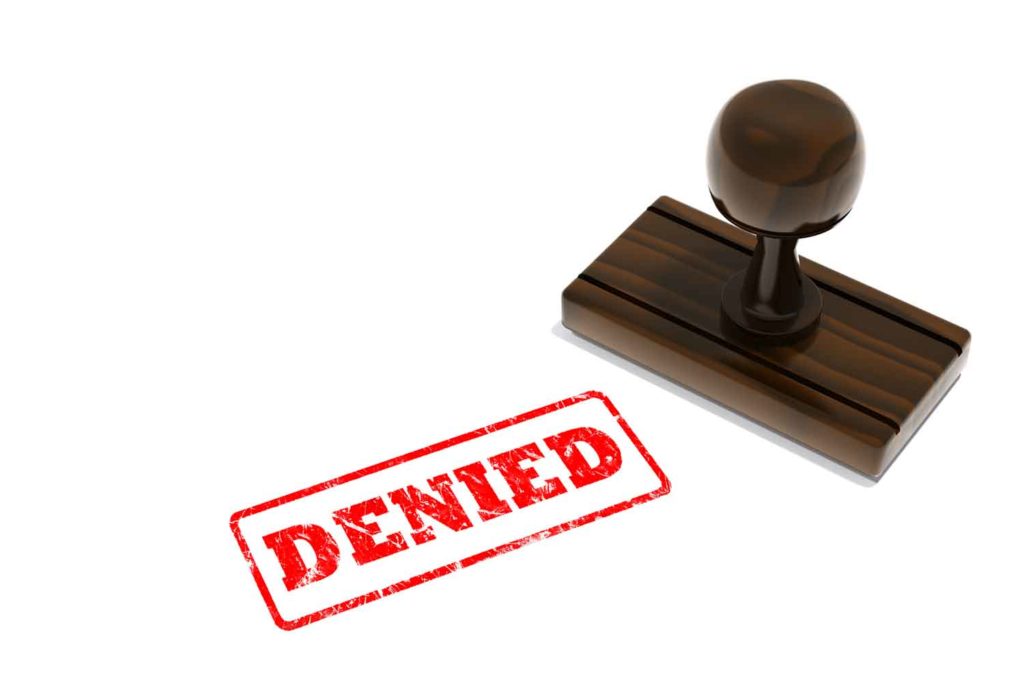
22nd Century Group has entered into a new distribution agreement with Hub, a key Midwest-based convenience store and multi-channel distributor with warehouses located in Missouri and Kansas.
22nd Century’s VLN products are now available for purchase by eligible Hub customers as a part of 22nd Century Group’s state and regional rollout program.
“Hub is a critical conduit to a growing list of regional, independent and tribal retail outlets in the Midwest and a highly regarded wholesale tobacco products distributor with more than 60 years in its served markets,” stated John Miller, president of tobacco products for 22nd Century Group, in a statement.
“By adding distribution to Hub’s extensive customer list, 22nd Century can expand retail points of sale in both existing and new served markets for its innovative VLN reduced-nicotine content cigarettes, the first and only combustible cigarette to secure a modified-risk tobacco product authorization from the U.S. Food and Drug Administration. Our VLN brand contains 95 percent less nicotine than contained in U.S. conventional cigarettes. As demonstrated by leading independent scientists, reducing the nicotine level in cigarettes has the potential to substantially reduce the enormous burden of smoking-related death and disease.”
Hub runs warehouse operations in St. Louis, Missouri; Kansas City, Missouri; and Galena, Kansas, serving as a multi-channel industry-leading cigarette, tobacco and comprehensive distributor of tobacco-related products. Hub is a leading distributor of cigarettes in the Midwest, providing a comprehensive catalog of tobacco and tobacco-related products to more than 2,500 customer locations in Illinois, Kentucky, Iowa, Missouri, Kansas, Oklahoma and Arkansas. Hub customers include regional, independent and tribal accounts across its served market that sell tobacco products.

